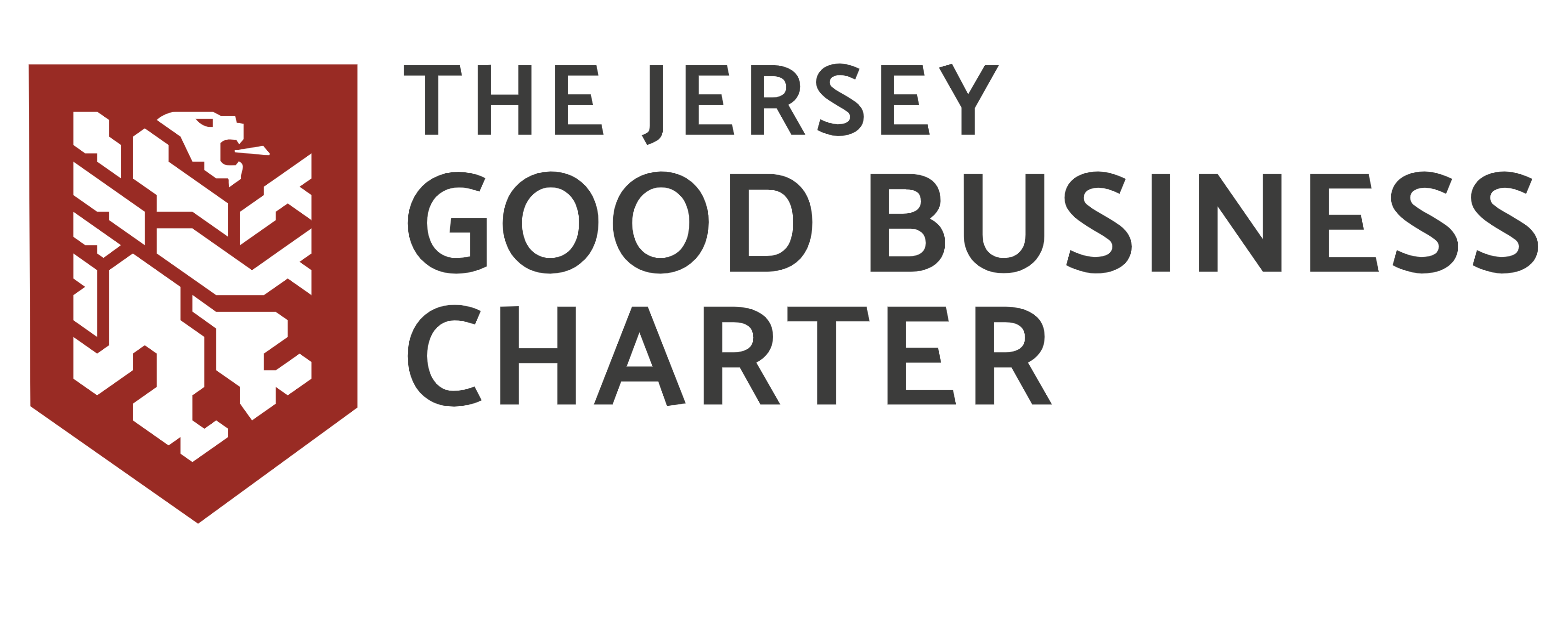As businesses grow, so do their voices. But where’s the line between advocacy and overstepping into politics?
It’s common sense that businesses should focus on delivering value to their customers, maximizing shareholder returns, and supporting stakeholders. But in today’s world, companies are increasingly called upon to do more—supporting charities, advocating for best practices, and even entering the political arena. The question is, how far should businesses go in political discourse? While it makes sense to comment on policies directly affecting your industry, should companies wade into broader political debates?
The Good: Advocacy for Industry-Specific Issues
One area where businesses should engage politically is in industry-related policy discussions. For instance, if a new regulation impacts alcohol licensing, it would be appropriate for businesses in that industry to voice their perspectives. Similarly, automotive companies might weigh in on vehicle emissions regulations. In these cases, political engagement is both practical and necessary, as policies directly affect the bottom line and operations.
Example of Good Political Engagement:
*Patagonia* is renowned for its environmental activism. The company not only advocates for policies that protect the environment but also integrates sustainability into its products. Their campaigns align with their brand values, and they focus on issues directly relevant to their business, creating positive social and environmental impact.
The Bad: Overstepping Boundaries into Partisanship
Where it becomes dangerous is when businesses involve themselves in broader, partisan political debates that may alienate customers or stakeholders. In some cases, companies have suffered backlash for making public statements about divisive political issues, where their involvement seemed less about the business and more about taking sides.
Example of Misstep:
*Goya Foods* faced boycotts after its CEO publicly supported a controversial political figure. The company’s political stance alienated many of its customers and created a public relations crisis, showcasing how direct political endorsements can divide your customer base and damage brand loyalty.
Recommendations for Businesses
1. Focus on Industry-Relevant Advocacy: Businesses should feel confident in advocating for policies that directly affect their sector. Engage with industry bodies like the Chamber of Commerce or Institute of Directors to have a collective voice.
2. Avoid Partisanship: Stick to issues that align with your business values rather than diving into divisive political discourse. Supporting policies rather than political parties helps keep the focus on advocacy rather than partisanship.
3. Be Transparent with Stakeholders: If a business does engage in political commentary, transparency is key. Explain to customers and stakeholders why your company is engaging on a particular issue, and how it aligns with your core values.
4. Support the Community and Engage Responsibly: Companies should consider how their actions affect not only their profits but also the broader community. Ethical businesses, in line with the Good Business Charter, should support policies that create value for the local economy and community, fostering trust and loyalty.
Conclusion
Businesses, especially in smaller jurisdictions like Jersey, have a unique opportunity to influence policies that shape their industries. However, they must tread carefully, focusing on advocacy rather than partisanship. By aligning political engagement with company values, and acting in a way that benefits both the business and the community, companies can navigate the complex waters of political engagement ethically and effectively.
#BusinessEthics #GoodBusinessCharter #JerseyBusiness #Advocacy #PoliticalEngagement #CorporateResponsibility
